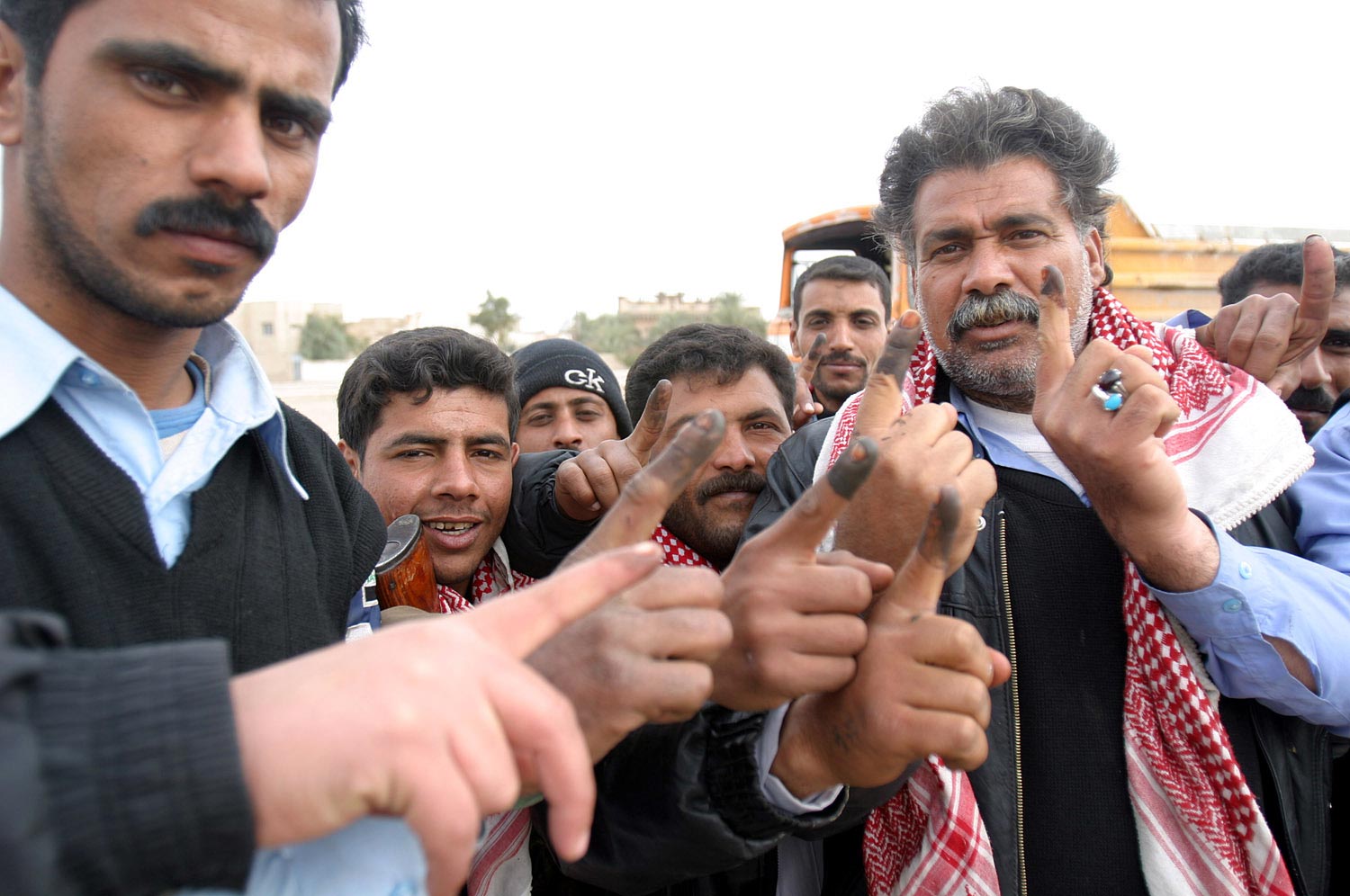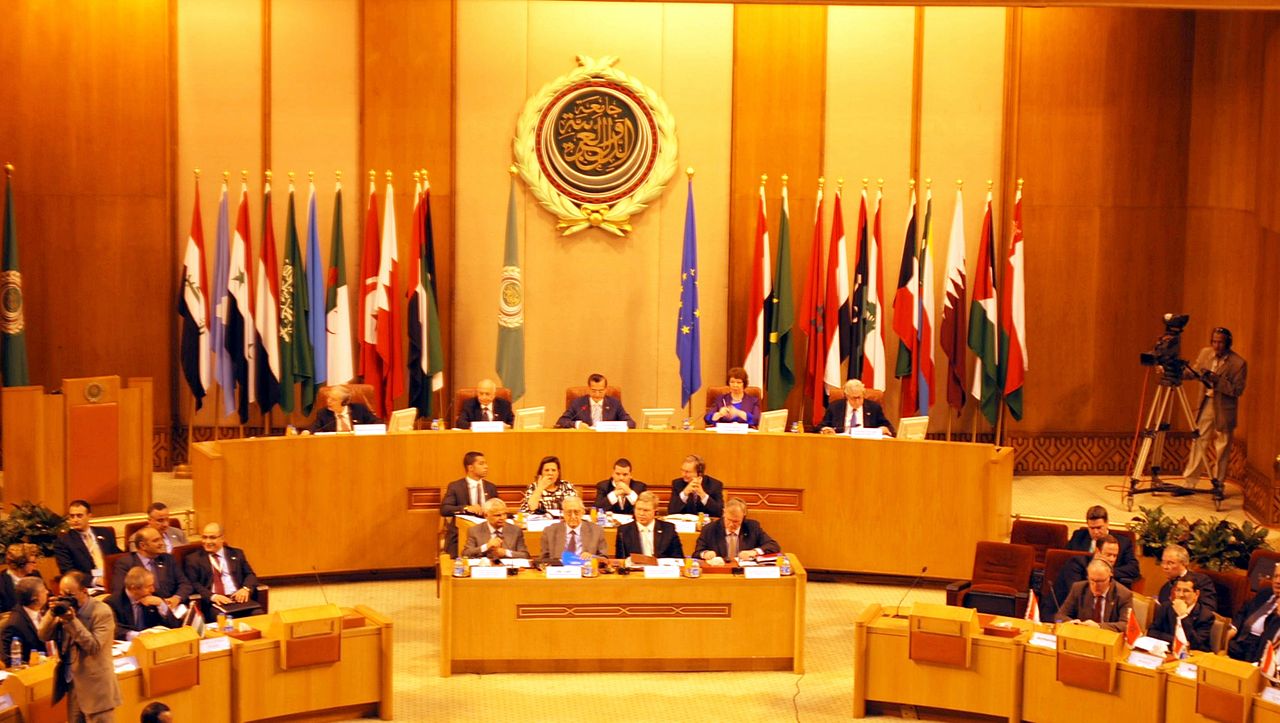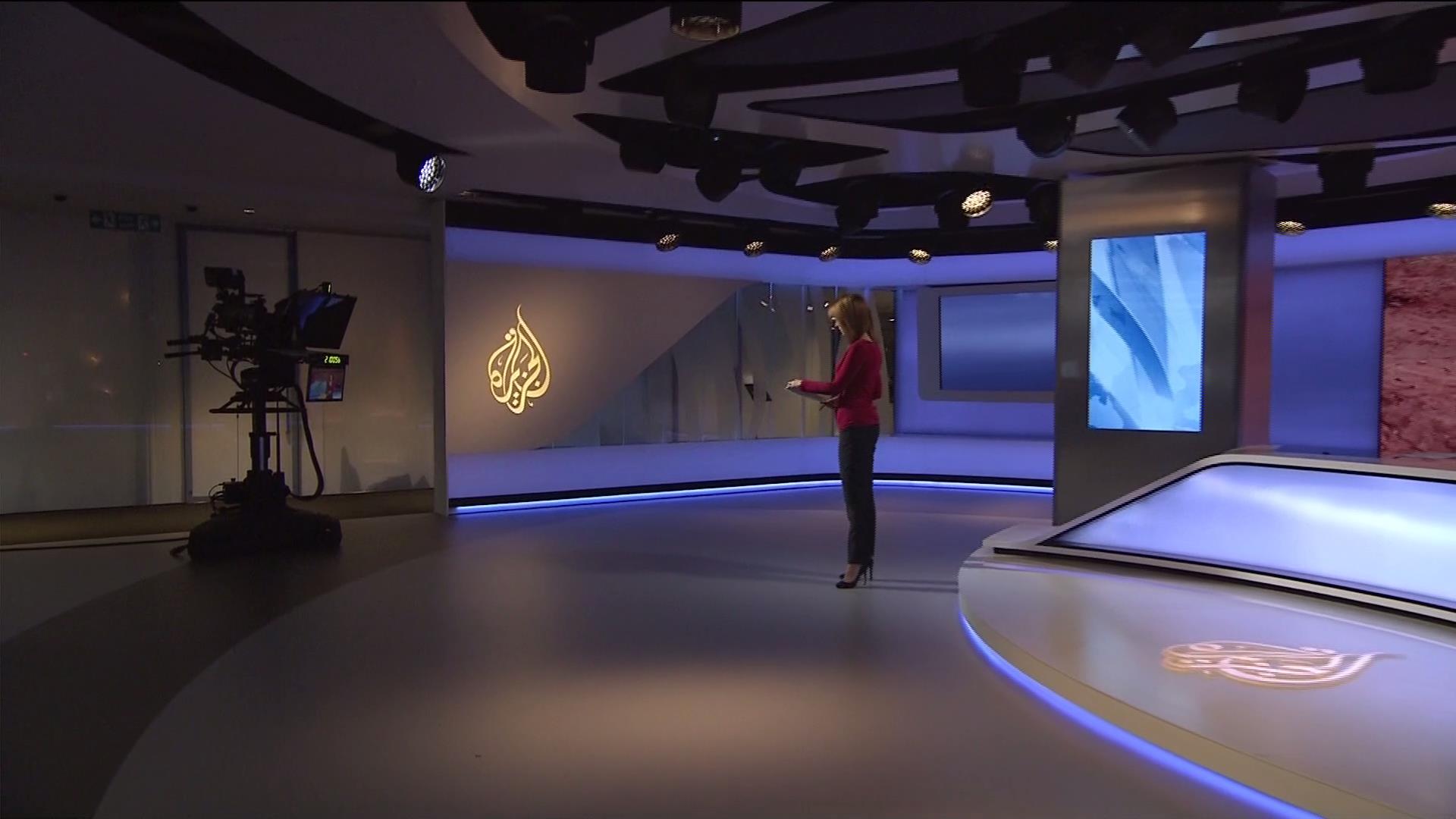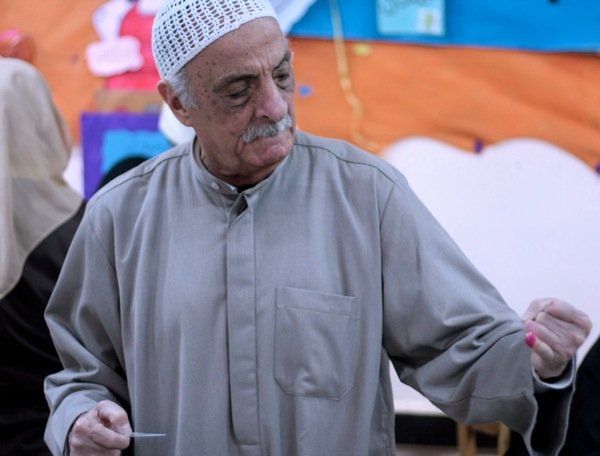The American network TLCs’ 90 Day Fiancé’s casting and storylines have provided its audience with years of entertainment, mostly at the foreign partner’s expense. The reality television industry has grown exponentially throughout the years, thriving on the drama between characters to gain viewership. However, reality television channels, such as Bravo …
Read More »Mediated Policy Effects of Foreign Governments on Iraqi Independent Media During Elections
Issue 24, summer/fall 2017 https://doi.org/10.70090/MAA17IIE Abstract I use the term mediated policy to refer to messages about Iraq sent by international news media outlets of foreign governments during the Iraqi parliamentary elections of 2010, and I hypothesize that US Mediated Policy, Iranian Mediated Policy, and Saudi Mediated Policy are three latent constructs interacting …
Read More »“Arab Culture”: From Orientalist Construct to Arab Uprisings
Any attempt to write an account of popular culture in the Middle East must face the question of how to define Arab and the Arabs? This might seem an odd statement at first glance: some 350 million people speak the language, ergo they are Arabs, and Arab, the Arabs, the …
Read More »ISIS’s Euro-American Fighters: Western Failures and the Narratives of Denial
This article centers on the influx of Western fighters joining ISIS and locates its root causes in systemic and structural forms of alienation, discrimination, and Islamophobia. In Western discourse, understanding this phenomenon is characterized by a sense of denial that limits the interpretive paradigms to one of two approaches: either a racial discourse that confines the debate to antagonistic minoritized citizens with ambiguous loyalties and an inherent vulnerability for radicalism, or the powerful “glamour” of ISIS’s propagandist spectacles that western media cannot dispel.
Read More »Threat of the Downtrodden: The Framing of Arab Refugees on CNN
After September 11, 2001 Arabs and Muslims became the topic of interest for the global media, drawing attention from news outlets worldwide. Recently, the rise of the Islamic State in Iraq and Syria (ISIS) along with civil wars in the Arab region have forced hundreds of thousands of Arab citizens, particularly from Syria and Iraq, to flee their homelands. The resulting refugee crisis drew substantial attention and debate. Therefore, studying the framing of Arab refugees and asylum seekers in the global media is of notable significance, especially in connection to ISIS, the war on terrorism, and the upheaval in the Middle East.
Read More »BOOK EXCERPT | Media Power and Global Television News: The Role of Al Jazeera English
In her recent book, Seba Bebawi assesses the veracity of Al Jazeera English's self-proclaimed role as a radical "counter-balance" to mainstream global media. She demonstrates a nuanced understanding of modern media through direct narrative comparisons of the same events covered by Al Jazeera English and by other media outlets.
Read More »Asleep at the Press: Thoreau, the Nuances of Democracy and Egyptian Revolt
Through the lens of Thoreau’s conception of democracy Matthew Crippen investigates the international media’s framing of Mohamed Morsi’s overthrow in the summer of 2013. He questions why much of the Western media and Al Jazeera adopted the uniform narrative that the ouster was a coup and a travesty of democracy, despite its popular support. Without adjudicating whether or not the overthrow was anti-democratic, Crippen posits that the reasoning undergirding the dominant opinion among media pundits that it was remains questionable.
Read More »The State of the Musalsal: Arab Television Drama and Comedy and the Politics of the Satellite Era
The Road Not Traveled One of the most intriguing Arabic-language television dramas in recent years was The Road to Kabul (2004), which told the story of the Arab and Afghan mujahideen in Afghanistan in the 1980s. Or rather tried to tell, since The Road to Kabul never made it past episode eight. The state of Qatar, …
Read More »The Battle of the Airwaves: The Rise and Proliferation of Iranian Satellite TV Channels
Today, Iranian air space is electronically penetrated by numerous radio and TV satellite signals that originate from the US and other countries around the world. In fact, it is probably safe to state that no other nation in the world is targeted by over 20 satellite TV channels and dozens …
Read More »The BBC World Service Arabic TV: Revival of a Dream or Sudden Death by the Competition?
Discussions of the significance of transnational radio news networks and their impact on Arab audiences usually arrive sooner or later at the unprecedented popularity of the British Broadcasting Corporation’s (BBC) World Service Arabic Language service, the only news network to dominate ratings among Arab radio listeners. In fact, a new …
Read More » Arab Media & Society The Arab Media Hub
Arab Media & Society The Arab Media Hub






